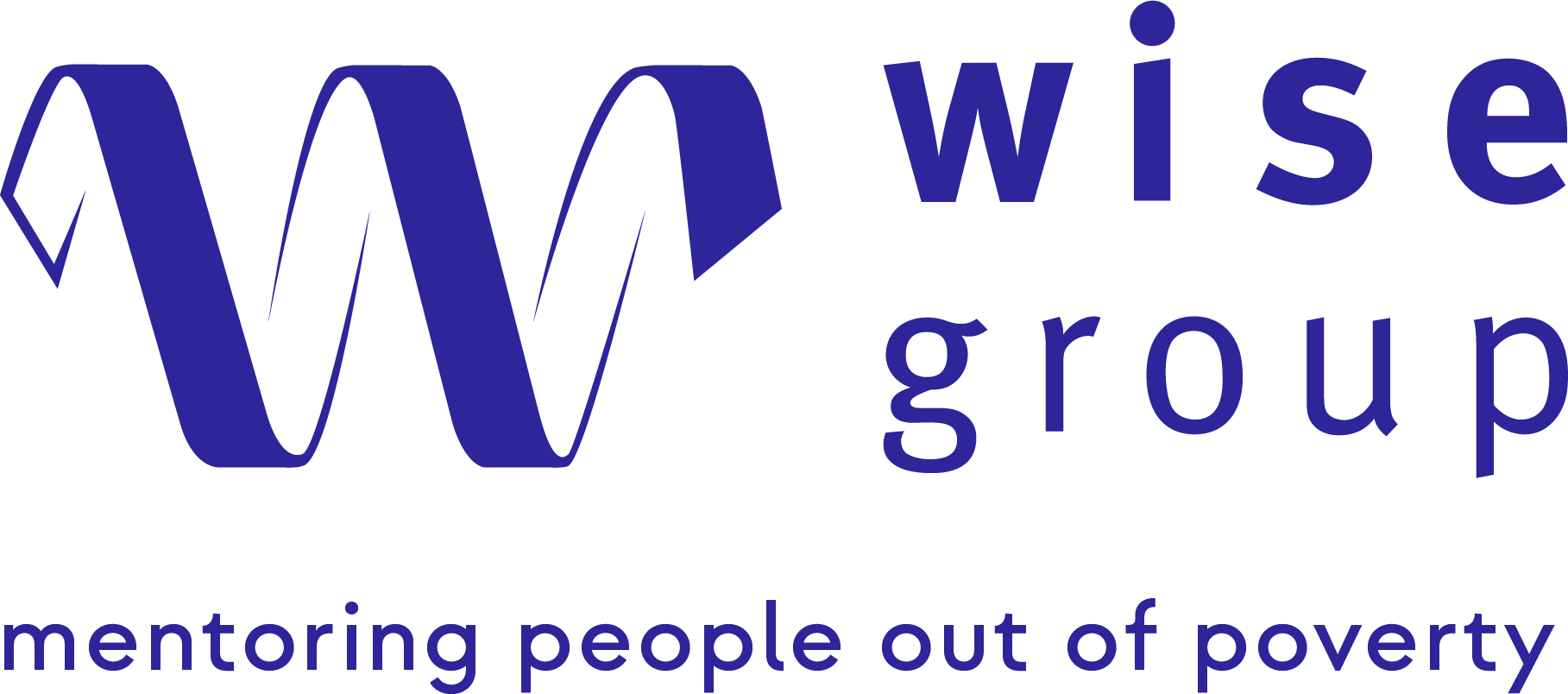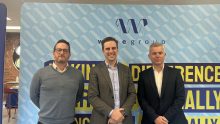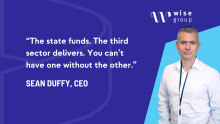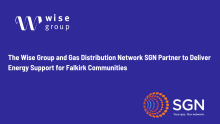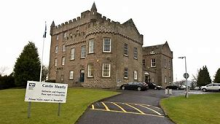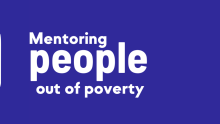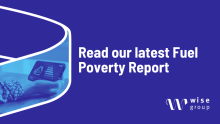Thank you to The Times and to Third Force News for publishing the following article on behalf of the Wise Group.
Scotland’s “Delorean” to recovery must be a ‘4 door’
“Don’t worry. As long as you hit that wire with the connecting hook at precisely eighty-eight miles per hour the instant the lightning strikes the tower… everything will be fine”
The essence of the quote from Dr Emmett Brown in “Back to the Future” will be painfully familiar to the numerous Economic Groups considering measures to chart a path back to social and economic recovery. A pre pandemic jobless rate of 3.5% will very likely increase to more than 10% in the near future resulting in more than 150,000 people joining the pre-Covid-19 figure of 113,000. Many of the latter were already experiencing severe difficulty and impediment; the disabled, ex-offenders, the care experienced, the homeless and those suffering substance abuse issues. For them, insecurity has been amplified to acute despair; their support systems disrupted as they’re most likely ‘displaced’ by the focus on the recently unemployed.
35 years ago when the Wise Group opened unemployment was also north of 10%, this resulted in the creation of the ‘Intermediate Labour Market‘ model. Through this Scotland tackled long term unemployment while advocating community based regeneration for those most removed from work. This approach provided a ‘bridge back to opportunity‘ supporting many back into work and out of poverty. Challenge sound familiar?
Scotland is a complex patch work of communities, cultures and local economies meaning ‘People and Place’ has never been more important. Every part of Scotland will be impacted differently and at different levels. It’s vital we steer clear of responding to the monolithic task we face with an often predictable monolithic response. Recognition and appreciation of individual labour market requirements is crucial. The imperative must be on finding inclusive regional and local solutions that twin track rapid and inclusive recovery.
Take Inverclyde. In December 2019, a pre – COVID-19 Inverclyde, who have suffered more than most during this health crisis, had the third highest unemployment rate of all Scottish Local Authorities. In January 2020, Greenock, its unofficial capital, topped the latest SIMD release with the highest levels of deprivation. This tragic case study highlights the fundamental need for a truly inclusive ‘localised‘ recovery effort. One where we do not focus only on those who have recently joined the front of the ‘recovery‘ queue but also those who have been ‘standing in line‘ for some time.
Displacement must be our national ‘watch out’. As well as those who recently find themselves experiencing difficult and anxious times, we cannot and must not forget those within our society who were already struggling. We have a social, moral and economic responsibility to do so. And more broadly, as we attempt to put the correct solutions in place to aide our recovery, the collective effort must be about all groups that make up the unemployment figures. Our national response must ensure no one is left behind.
The need for rapid re-employment to underpin economic recovery is not in question. But we cannot allow the clamour to “ hit that wire“ to bias our thinking, narrowing our focus and plans. If we do, the result will be an unintended, catastrophic, ‘social trade-off’ where the most challenged and economically fragile in our communities drift further from the reality or hope of any sort of sustainable future.
But as George McFly says – “If you put your mind to it, you can accomplish anything.”
Let’s talk
If you’d like to work with the Wise Group to support people preparing to get back into work, please get in touch.
